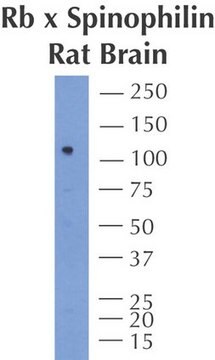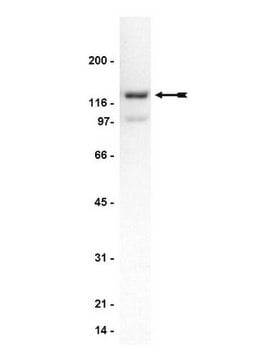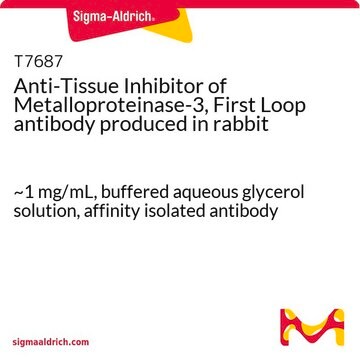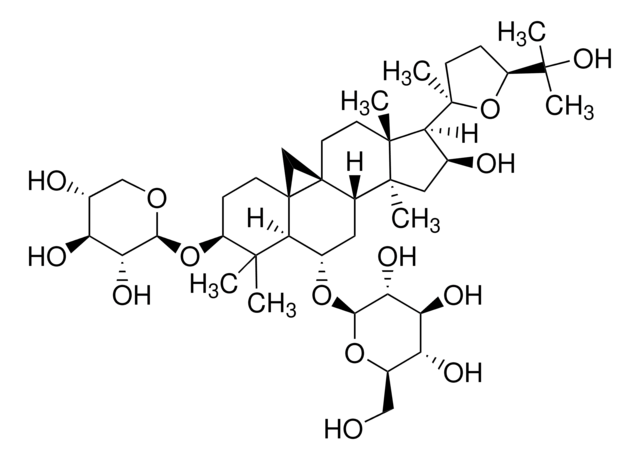N5037
Anti-Neurabin II (C-terminal) antibody produced in rabbit
affinity isolated antibody, buffered aqueous solution
Synonym(s):
Anti-Neural-tissue Specific F-actin Binding Protein II, Anti-PP1bp134, Anti-Protein Phosphatase 1 Regulatory Subunit 9B, Anti-Spinophilin
About This Item
Recommended Products
biological source
rabbit
Quality Level
conjugate
unconjugated
antibody form
affinity isolated antibody
antibody product type
primary antibodies
clone
polyclonal
form
buffered aqueous solution
mol wt
antigen 140 kDa
species reactivity
rat, mouse, canine
technique(s)
immunoprecipitation (IP): 10-20 μg using rat brain extract (S1 fraction)
indirect immunofluorescence: 10-20 using MDCK cells.
microarray: suitable
western blot: 1-2 μg/mL using mouse and rat brain extracts (S1 fraction)
UniProt accession no.
shipped in
dry ice
storage temp.
−20°C
target post-translational modification
unmodified
Gene Information
human ... PPP1R9B(84687)
mouse ... Ppp1r9b(217124)
rat ... Ppp1r9b(84686)
Related Categories
General description
Immunogen
Application
- immunoblotting
- immunoprecipitation
- immunocytochemistry
Biochem/physiol Actions
Physical form
Disclaimer
Not finding the right product?
Try our Product Selector Tool.
related product
Storage Class Code
10 - Combustible liquids
WGK
nwg
Flash Point(F)
Not applicable
Flash Point(C)
Not applicable
Certificates of Analysis (COA)
Search for Certificates of Analysis (COA) by entering the products Lot/Batch Number. Lot and Batch Numbers can be found on a product’s label following the words ‘Lot’ or ‘Batch’.
Already Own This Product?
Find documentation for the products that you have recently purchased in the Document Library.
Our team of scientists has experience in all areas of research including Life Science, Material Science, Chemical Synthesis, Chromatography, Analytical and many others.
Contact Technical Service








